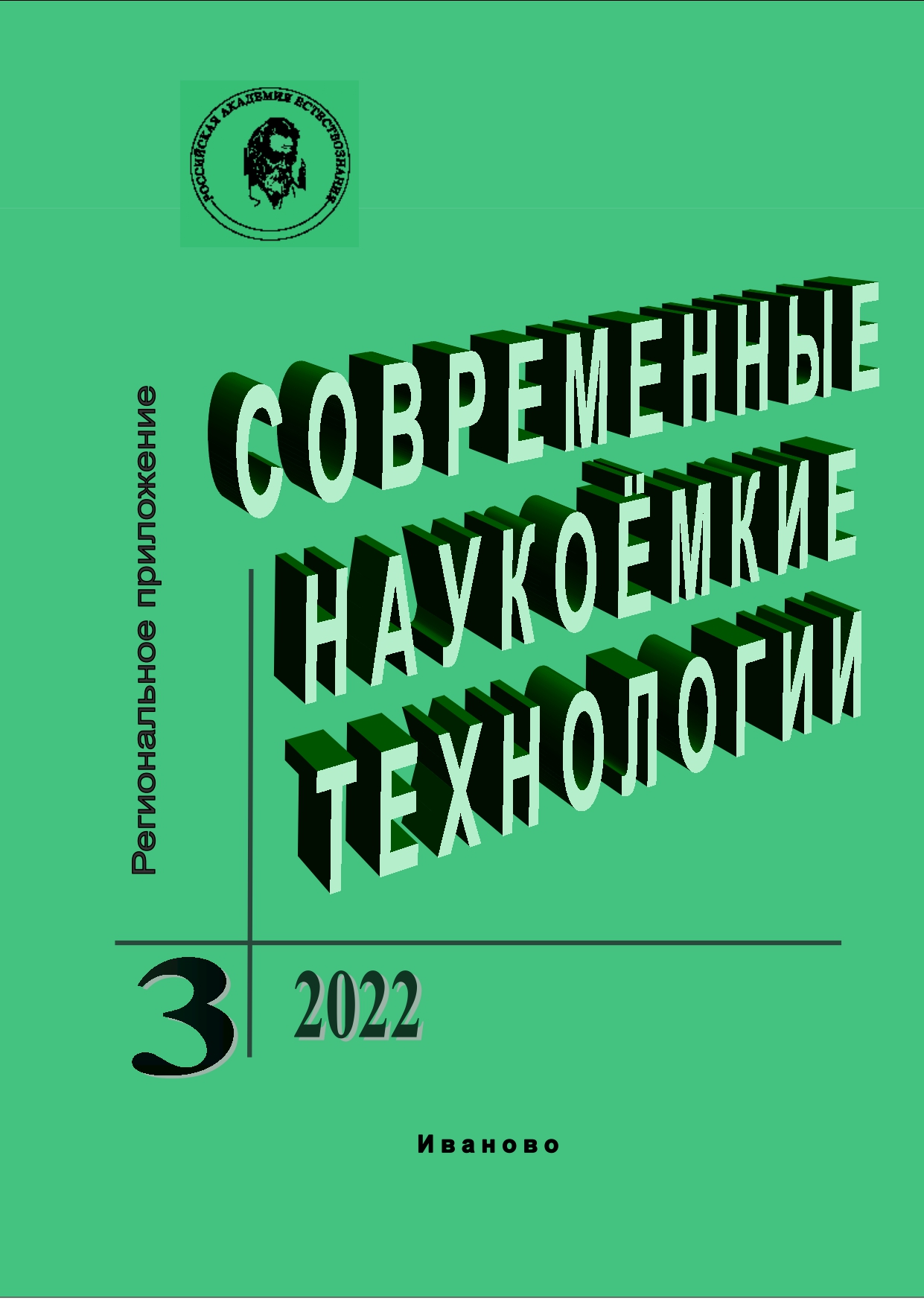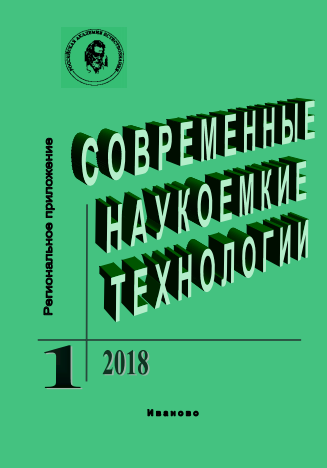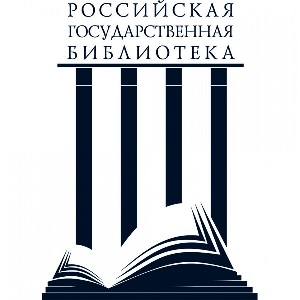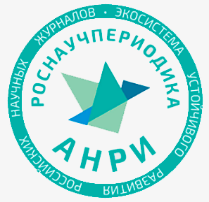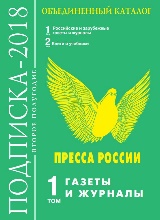ОБРАЗОВАТЕЛЬНОЕ ПРОСТРАНСТВО ВУЗА КАК ФАКТОР ФОРМИРОВАНИЯ КАРЬЕРНЫХ ОРИЕНТАЦИЙ СТУДЕНТОВ (НА ПРИМЕРЕ ИВГУ)
Аннотация
В статье рассмотрены различные аспекты формирования карьерных ориентаций студентов в период обучения в вузе. Дается определение понятий «образовательное пространство», «карьерные ориентации», «студенчество». Рассматриваются различные типы карьерных ориентаций и факторы, на них влияющие. Описываются тенденции становления личности студента как специалиста, проблемы развития карьерных ориентаций в вузе. Характеризуется роль вуза в формировании карьерных ориентаций студентов. Представлен опыт работы ИвГУ в направлении формирования карьерных ориентаций студентов. Исследование показало, что образовательное пространство университета является существенным фактором, способствующим карьероориентированному развитию личности студента.
Литература
1. Rychikhina N.S., Zorik Yu.S. Complex methodology for analyzing career growth and social mobility of employees of the organization. Modern high-tech technologies. Regional application. 2019. N 1 (57). P. 68-75.
2. National Doctrine of Education in the Russian Federation. Decree of the Government of the Russian Federation of Oc-tober 4, 2000 No. 751, Moscow.
3. Ilyin E.P. Differential psychology of professional activity. St. Petersburg: Piter, 2010. 432 p.
4. Solovieva E.M. Approaches to the definition of the concept of "career orientation". Psychology of career: materials of the All-Russia. scientific and practical. Conf., 2012. P. 24-27.
5. Ternovskaya O.P. Career orientations of students in the process of university training (on the example of students of the psychological faculty). Actual problems of socio-humanitarian knowledge: Sat. scientific tr. Department of Philosophy, Moscow State Pedagogical University. M., 2005. Issue. XXIX. P. 229–232.
6. Makhmudov L.Sh. Career orientation of citizens; Volga Interregional Training Center. Saratov, 2004. Access mode: http://www. pmuc.ru/jornal/number27/mahmudov.htm
7. Pochebut L.G., Chiker V.A. Psychological aspects of an individual career. Organizational behavior: a reader. Samara: Bahrakh-M, 2006. P. 722–732.
8. Ponomarev R.E. Educational space as a fundamental con-cept of the theory of education. Pedagogical education and science. 2003. N 1. P. 29-35.
9. Samerkhanova E.K. Organizational bases for creating a unified educational space in a higher educational institution. Nizhny Novgorod: Volzh Publishing House. state eng. - ped. acad. 2004. 131 p.
10. Markova O.Yu. The communicative space of the university: subjects, roles, relationships. Communication and education. Digest of articles. / Ed. S.I. Dudnik. St. Petersburg: St. Pe-tersburg Philosophical Society. 2004. P. 355.
11. Russkikh L.V. Post-Soviet students as a special social group. Vestnik GOU VPO USTU-UPI. Materials Vseros. scientific and practical. conf. Ekaterinburg: GOU VPO USTU-UPI, 2005. N 3 (55). Part 1. P 248-250.
12. Churkin S.D., Dubovitskaya T.D., Maslov E.B. Profes-sional orientation and career orientation of students of vari-ous faculties. Modern problems of science and education. 2012. N 2. P. 377–377.
13. Dyachenko M.I., Kandybovich L.A. Psychology of higher education: textbook. allowance for universities. 2nd ed., re-vised. and additional Minsk, 1981. 383 p.
14. Minyurova S.A., Belkova I.A. Career orientations of stu-dents. Psychology of career: materials of the All-Russia. sci-entific and practical. conf. (in absentia), 2007. P. 27-29.
15. Mirolyubova A.A., Ksenofontova O.L. Model Michael Porter as a tool for studying the microenvironment of the university Modern high-tech technologies. Regional applica-tion. 2020. N 3 (63), P. 24-31.

